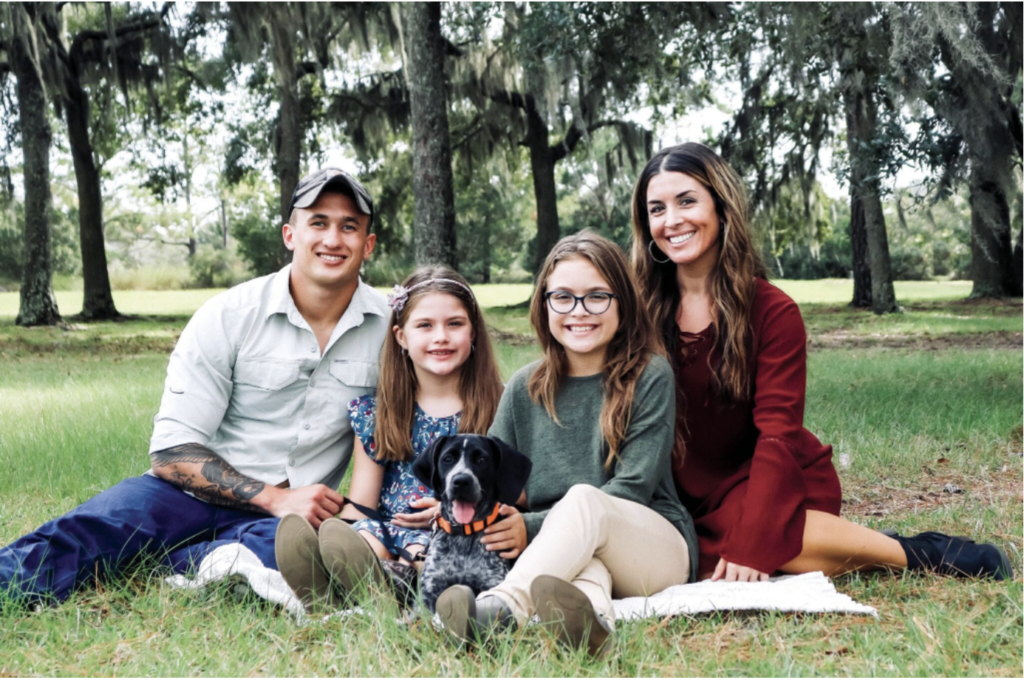On February 8, 2021, Army Ranger Wyatt Chilton, a Moorpark resident, employed quick thinking and expertise to save the life of an elderly man aboard American Airlines Flight 1875. At only 23 years old, Chilton, who was previously trained as an EMT on the Critical Care Ambulance Team, was able to remain calm and in control throughout the situation.
As American Airlines Flight 1875 traveled from Los Angeles, California to Charlotte, North Carolina, an announcement was broadcast on the airplane asking for help. Without hesitation, Chilton responded to find an elderly man in severe distress suffering a seizure.
Chilton moved the man into the aisle of the airplane to property evaluate his vital signs and to prevent further injury. He requested oxygen and the crisis bag he knew would be available. Chilton knew the situation was serious. The man was continuing to seize and was bleeding from his mouth.
With the composure that only comes with extensive crisis medical training, Chilton enlisted the help of some other passengers to track and call out vital signs. The man was alert but unable to speak until his blood pressure spiked above 250 and he became unresponsive.
“I wasn’t sure if he was going to have a heart attack, so I hooked him up to the Automatic External Defibrillator in case his heart stopped,” Chilton said.
Chilton continued to offer life-saving support for the duration of the flight, even putting in an IV line as the airplane was landing. At the terminal, paramedics and nurses were waiting to offer immediate medical attention and transport to the hospital for the gravely ill man.
Chilton’s quick actions and IV line bought precious minutes allowing the team waiting at the airport immediate access to begin life-saving medication and treatments. Chilton provided information about the situation to the medical team and passed him into their care. Throughout the entire ordeal, Chilton remained level-headed, professional, and brave.
Chilton was reassigned to a new flight, and American Airlines offered him a first-class seat, but he declined because he was traveling with his wife and daughters. He did not want to fly in first-class while his family remained in coach. American Airlines did extend first-class seats to the entire family.
Never learning the man’s name, Chilton was able to find the man’s wife through social media. His wife had not been given Chilton’s information to contact him and thank him for his heroic efforts aboard the flight, because the airline had not requested his information. Chilton connected with the man’s wife and learned that he did survive his ordeal.
Chilton also learned that the man was an international firefighter. On that fateful flight, one hero saved another.
As is so often the case with heroes, Chilton expected no gratitude or recognition for his heroic, swift, life-saving actions. And as so many in the military do, Chilton would say he was just doing his job.
“I am just happy that he survived,” Chilton said. “His situation was severe and life-threatening. I’m just glad I was there to help.”






